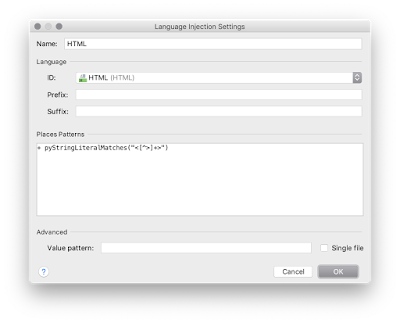Recently I had to optimise some piece of legacy code that worked slow. Among other refactoring procedures I wanted to check what queries gets invoked exactly. Having dug
Django Docs and internets I came up with solution.
Using this, you'll get all executed queries in the console
For example:
2016-02-25 15:57:47 DEBUG utils.py:89 (0.055) SET SQL_AUTO_IS_NULL = 0; args=None
2016-02-25 15:57:47 DEBUG utils.py:89 (0.435) SELECT `table`.`id` FROM `table` ORDER BY `table`.`id` ASC LIMIT 10000; args=()
Add the code below to your
local_settings.py (or whatever it's called in your project), make sure the include of this code is AFTER defining
LOGGING variable.
DB_LOG = True
from settings import LOGGING
if DB_LOG:
import logging, re
class QueryFilter(logging.Filter):
def filter(self, record):
# exclude PyCharm debug window queries
return 'LIMIT 21' not in getattr(record, 'sql', '')
class SqlFormatter(logging.Formatter):
def format(self, record):
record.msg = re.sub(r"((?:u?')?\d+(?:u?')?)"
r"(?:,\s*(?:u?')?\d+(?:u?')?)+",
r'\1, ...', record.msg)
return super(SqlFormatter, self).format(record)
params = {
'filters': {
'db_query_filter': {
'()': QueryFilter,
},
},
'formatters': {
'debugging': {
'()': SqlFormatter,
'format': '%(asctime)s %(levelname)-8s %(filename)s:%(lineno)d %(message)s',
'datefmt' : '%Y-%m-%d %H:%M:%S',
},
},
'handlers': {
'db_console': {
'level': 'DEBUG',
'filters': ['require_debug_true', 'db_query_filter'],
'class': 'logging.StreamHandler',
'formatter': 'debugging',
},
},
'loggers': {
'django.db': {
'level': 'DEBUG',
'handlers': ['db_console'],
'propagate': False,
},
}
}
for key, param in params.items():
try:
LOGGING[key].update(param)
except KeyError:
LOGGING[key] = params



